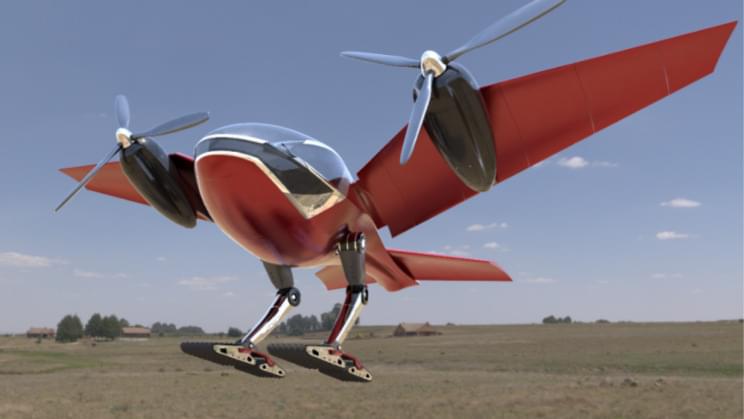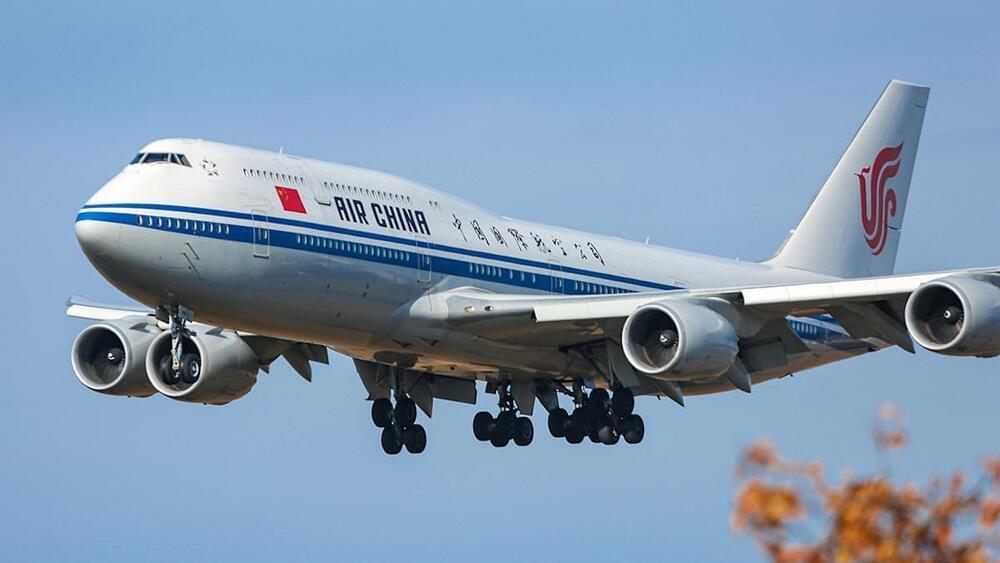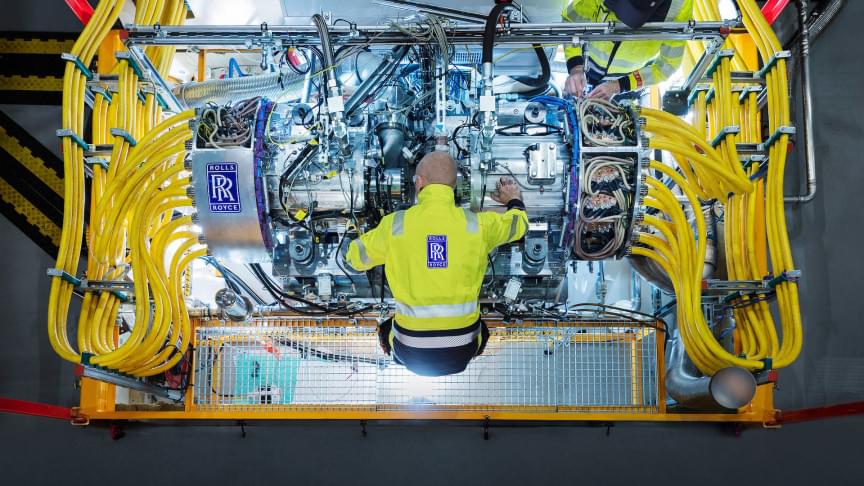The auto-retracting system can be deployed when solar energy is needed.
California-based energy firm Xponent Power developed an auto-retracting Xpanse Solar Awning that can be deployed if and when solar energy is needed, a report from New Atlas reveals.
The retractable solar panels move out to the side of the RV, creating a nice bit of shade for travelers, at the same time as providing on-demand solar energy. Depending on the model, owners will get 800, 1,000, or 1,200 watts of charging power.
The off-grid solution was designed to allow RV owners to camp away from electrical sockets for days at a time, and it can be easily mounted to either side of the vehicle. The Xpanse awning is made up of a 16 × 7-foot (4.9 × 2.1-m) “fabric” of high-efficiency glass-based solar panels. The awning features “bi-facial” solar panels, meaning it captures the energy of the sun from above as well as from below — the underside can capture a surprising amount of energy from reflection off the ground and the RV itself.
The Xpanse awning is deployed at the push of a button, and it has an auto-retraction feature that will automatically pull it back in during stormy and windy conditions to avoid damage. On top of this, Xponent says that the panels feature small air gaps that make them more stable in moderate wind conditions.
Full Story:



